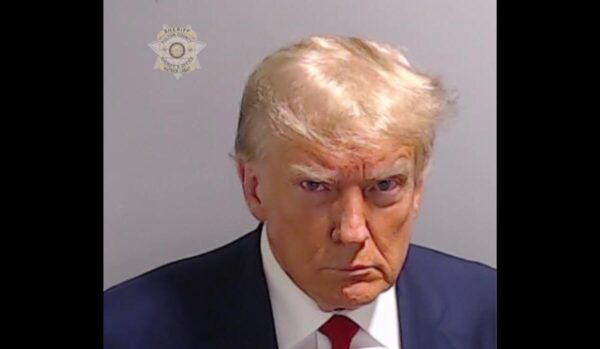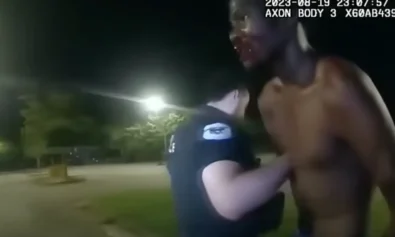In a double whammy for Donald Trump, two federal courts ruled Friday that the former president can be sued for the attack by his followers on the U.S. Capitol on Jan. 6, 2021, and face criminal consequences for his attempts to overturn the 2020 presidential election results.
According to The Washington Post, the U.S. Court of Appeals for the District of Columbia Circuit’s decision opened the door for those seeking to sue the former president for inciting the attack that resulted in more than 100 people being injured and five deaths. The decision was unanimous.
Trump argued that he was protected by presidential immunity after two U.S. Capitol police officers and several Democratic lawmakers sued him following the attack. They claimed Trump instigated the violent attack by telling a mob of his supporters that the election was stolen and encouraging them to “fight like hell” after marching to the Capitol.

A three-judge panel ruled on Dec. 1 that Trump campaigning to be re-elected is not an “official presidential act.”
“The sole issue before us is whether President Trump has demonstrated an entitlement to official-act immunity for his actions leading up to and on January 6 as alleged in the complaints. We answer no, at least at this stage of the proceedings,” wrote the panel.
“When a first-term President opts to seek a second term, his campaign to win re-election is not an official presidential act,” read the ruling. “The Office of the Presidency as an institution is agnostic about who will occupy it next.”
Trump — who was indicted on charges of election fraud and conspiracy charges in Georgia and also has been charged in federal court over his actions on Jan. 6 — is the frontrunner for the Republican Party’s 2024 presidential nomination.
His campaign spokesman, Steven Cheung, released a statement calling the decision by the appeals court “limited, narrow, and procedural.” Cheung also claimed that Trump was “acting on behalf of the American people, carrying out his duties as President of the United States” on Jan. 6.
One of the police officers on duty at the Capitol on Jan. 6, James Blassingame, is one of the officers suing Trump, and he also released a statement following the ruling saying it was “unnerving” to hear the same rhetoric from the former president.
The plaintiffs used a law created to fight violence from the Ku Klux Klan after the Civil War to sue Trump. The statute bars the use of force, threats, or intimidation to prevent government officials from doing their duty. The law also allows people injured by those actions to sue, and the plaintiffs say that the twice-impeached former president violated the law when he conspired with right-wing groups to try to force legislators not to confirm Joe Biden as the winner of the presidential election.
Blassingame’s attorney, Patrick Malone, told Reuters that the ruling “makes clear that those who endanger our democracy and the lives of those sworn to defend it will be held to account.”
Hours later, the judge presiding over his criminal case related to his federal election subversion charges in Washington, D.C., declared that Trump lacked immunity from prosecution as a former president.
“Whatever immunities a sitting President may enjoy, the United States has only one Chief Executive at a time, and that position does not confer a lifelong ‘get-out-of-jail-free’ pass,” Judge Tanya S. Chutkan of the U.S. District Court in Washington wrote in her decision.
In that case, Trump has been charged with conspiracy to defraud the United States; conspiracy against the right to vote and to have one’s vote counted; conspiracy to abruptly disrupt and impede the Jan. 6, 2021, congressional hearing; and conspiracy to obstruct an official government proceeding.


